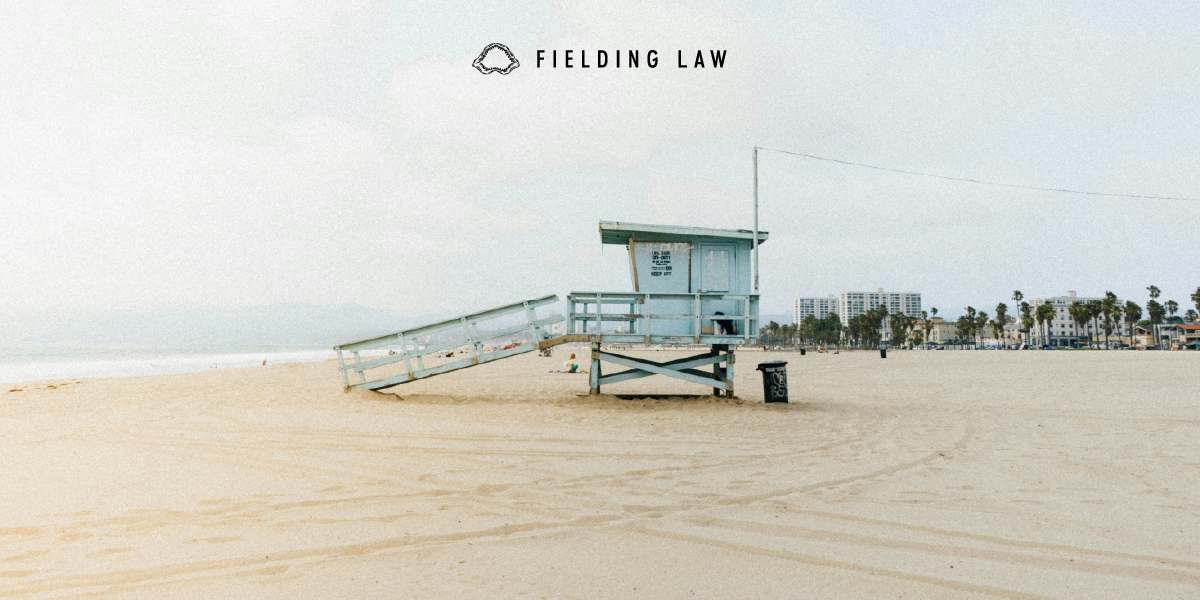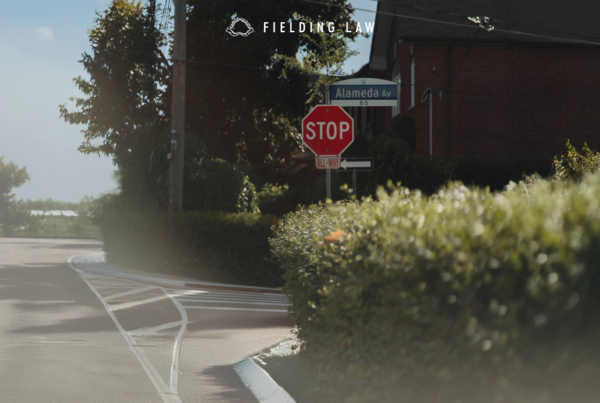Lifeguard Responsibilities
Lifeguards play a vital role in keeping swimmers and beachgoers safe. They are often the first to respond in emergencies, stepping in quickly to protect and assist anyone in danger, whether in the water or on shore. Although their dedication and effort remain at the heart of what they do, like all people, lifeguards are human and can make mistakes. While every case is unique and depends on the specific facts, here are some situations that may indicate negligence by a lifeguard or the public entity responsible for maintaining the pool or beach.
Warning Signs of Lifeguard Negligence
- The lifeguard is distracted and looking at a phone.
- The lifeguard is talking with friends or not watching the water.
- The lifeguard station is empty and not posted warning of no lifeguard on duty.
- No rescue equipment is visible or within reach.
- Lifeguards are not rotating or scanning their zone.
- The swimming area is overcrowded.
- No clear rules or signage are posted.
- Lifeguards appear tired, bored, or disengaged.
These warning signs often indicate that something more serious could follow, especially when the responsibility may lie with the lifeguard.
Pool Scenarios Involving Negligence
While every case is unique and depends on the specific facts, below are some common scenarios that may indicate negligence by a lifeguard or the public entity responsible for maintaining the area.
Lifeguard at Fault Scenarios
- Not rotating stations or taking breaks, reducing alertness.
- Looking in a fixed direction for too long or scanning too slowly, missing struggling swimmers.
- Failing to prevent swimmers from running, roughhousing, or entering restricted areas.
Public Entity Fault Scenarios
- Failing to clean up litter or debris that can cause cuts or injuries.
- Lifeguards lacking proper rescue training or delaying CPR.
- Not displaying a “No Lifeguard on Duty” sign when required.
Beach Scenarios Involving Negligence
Lifeguard at Fault Scenarios
- Hesitating to respond to a swimmer in distress.
- Leaving a post or assigned zone without a replacement.
- Lacking knowledge of rip currents or other natural hazards.
Public Entity Fault Scenarios
- Not posting flags or warnings for hazards like strong currents or jellyfish.
- Insufficient lifeguard staffing for the day.
- Failing to post a “No Lifeguard on Duty” sign for public awareness.
What Compensation May Be available?
If you have been injured and it has kept you from working, you may be entitled to compensation for lost wages to help ease the financial burden. We also understand how deeply pain and suffering affect your life, and monetary compensation may help acknowledge that hardship. In the devastating event that an injury results in the loss of a life, you and your family might be able to seek support for funeral expenses and the emotional pain that comes.
Minor’s Compromise Cases in Lifeguard Negligence
When a child is injured, they cannot file a legal claim on their own. A parent or guardian must do it for them. To ensure the child’s best interests are protected, any settlement usually needs court approval. In many cases, the money is placed in a trust or saved until the child turns 18. Parents can often recover medical expenses, while children may obtain compensation for trauma, pain, or lasting effects from the injury.
How can Fielding Law Help
Our goal is to help you gain clarity during this difficult time, especially if you are unsure whether the responsibility lies with a lifeguard or the facility itself. Understanding who may be at fault can be an important step in moving forward, and whenever you are ready, know that we are here to assist you. Call Fielding Law 833.88 SHARK for your free consultation today.
Note: Information provided is for educational purposes and does not constitute legal advice. Always consult with a qualified attorney for legal concerns.





